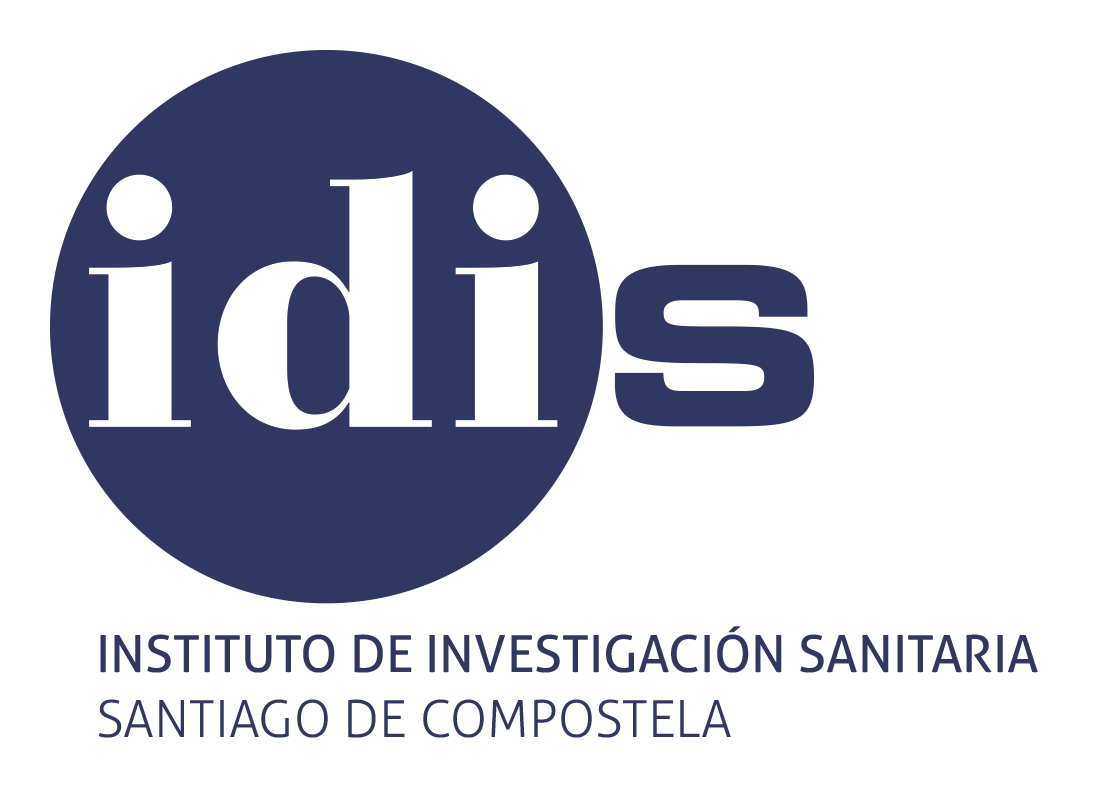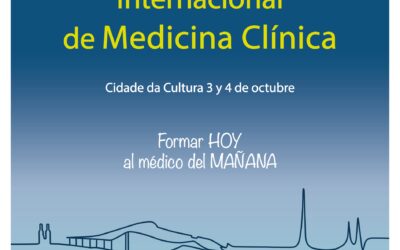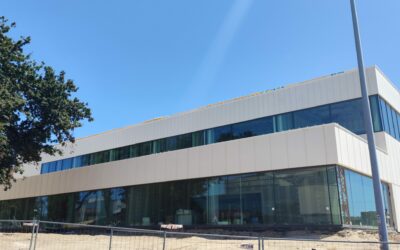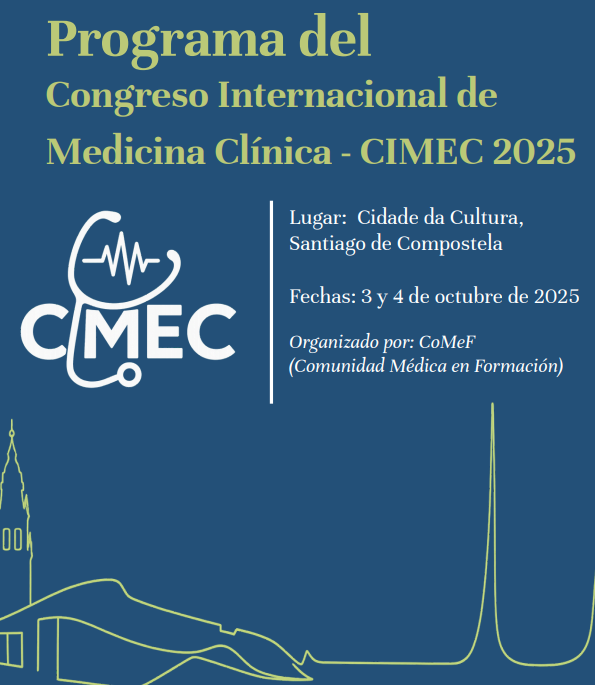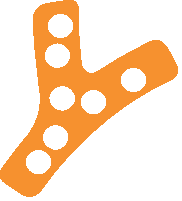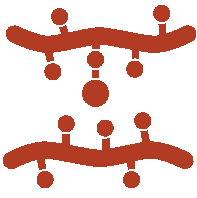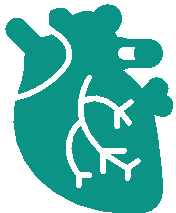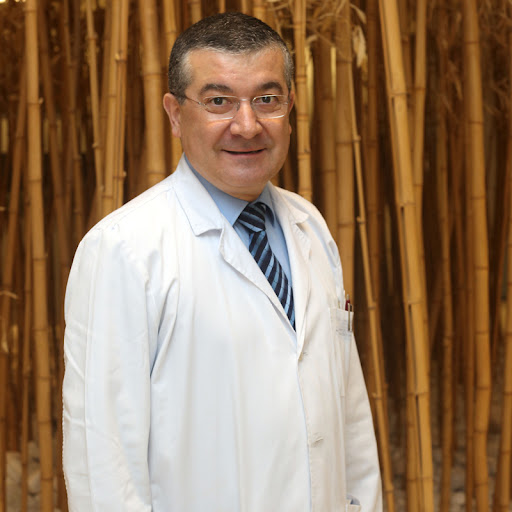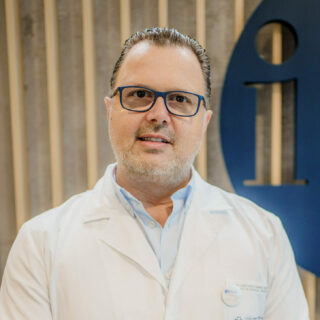News
IDIS monthly newsletter – July 2025
The IDIS bulletin for the month of July 2025 is now available. You can download it in PDF here.
Santiago acogerá en otoño el primer Congreso Internacional de Medicina Clínica organizado por estudiantes
El evento, que convocará a expertos nacionales e internacionales de la medicina cuenta con la colaboración del IDIS y la USC.
Las inscripciones están abiertas desde hoy en la página web oficial.
El IDIS impulsa la protonterapia a través de la Inteligencia Artificial y la imagen PET
La investigación permitirá predecir que candidatos obtendrán más beneficios de este tipo de tratamiento.
Calendar
COMMON SUPPORT PLATFORMS
The platforms are research support units featured by a high strategic value, equipped by cutting edge technologies and operated by highly specialised technical staff.
CALLS
All updated information on public and private competitive calls. The most convenient and safest way to send your requests.
CAREERS
Would you like to join our team? We are always looking for people with a passion for research and propelled by insatiable curiosity to join our mission of providing a better healthcare day every day. Here you can see and apply for our current vacancies.
Research Areas
ONCOLOGY
Improvement of treatments: personalised therapy and reduction of side effects.
GENETICS AND SYSTEMS BIOLOGY
Identification of genetic biomarkers of disease susceptibility and prognosis
ENDOCRINOLOGÍA, NUTRICIÓN Y METABOLISMO
The area studies obesity from different perspectives with the participation of groups from the clinical and basic fields in a synergistic way.
NEUROSCIENCES
Search for new therapeutic targets and improvement of the clinical-therapeutic management of neurological patients, mainly stroke, Alzheimer’s, Parkinson’s disease, headaches and neurological diseases caused by prions.
CARDIOVASCULAR
The general objective of the Cardiovascular Area consists of the search for new therapeutic targets and the improvement of clinical-therapeutic management.
PLATFORMS AND METODOLOGY
The area aims at providing evidence for prioritising the management of public resources, evaluating risks and identifying opportunities for improving the health of the population. From here, prioritise structural investments and action programs.
